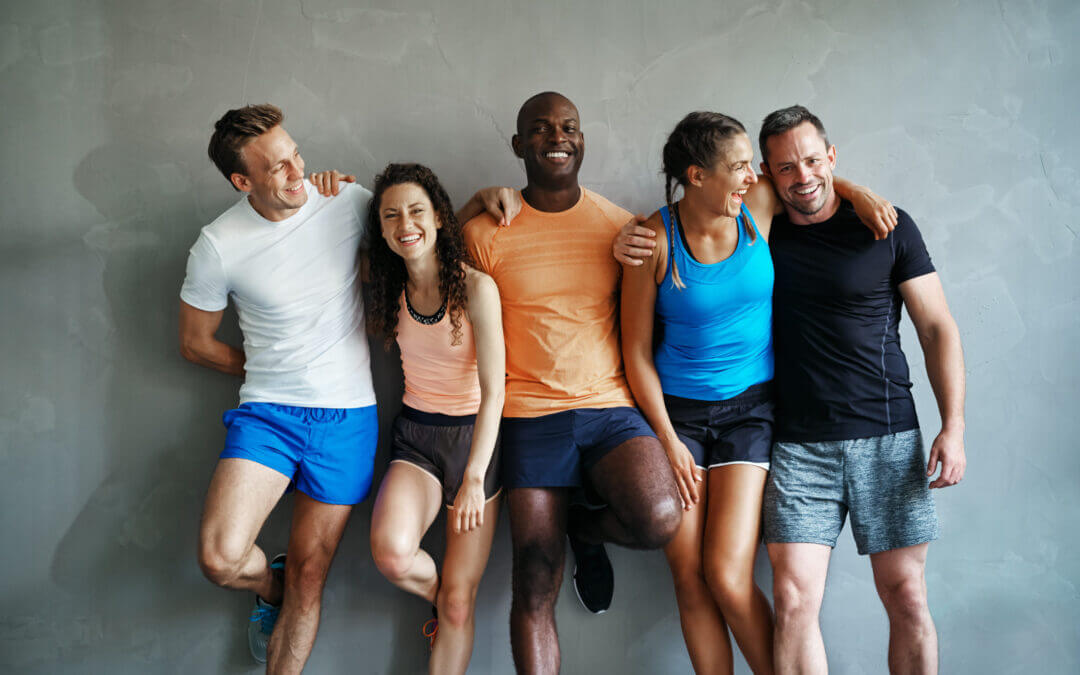
by Dr. Jess Cobb | Aug 23, 2021 | Business
The term “Empowered MSK Care” can mean different things to different people. At RecoveryOne, we are on a mission to transform MSK care, and empowerment is at the root of our efforts. So many people currently suffer from MSK injuries or conditions. The road to recovery...

by Dr. Jess Cobb | Aug 23, 2021 | Blog
How do you define yourself? Well, that’s a complex question. You might be defined by many things on paper: your name, your age, your job… but what matters most is how you see yourself, or your self-identity. Your self-identity is how you perceive your own traits and...





Recent Comments